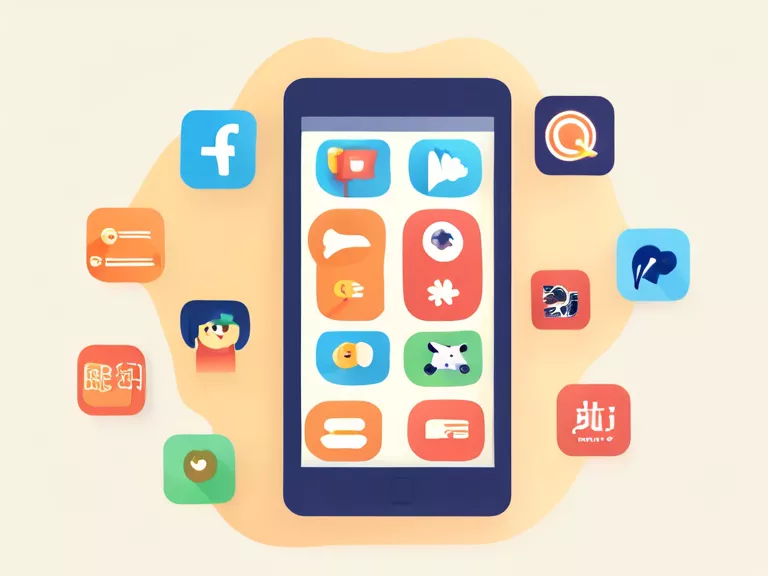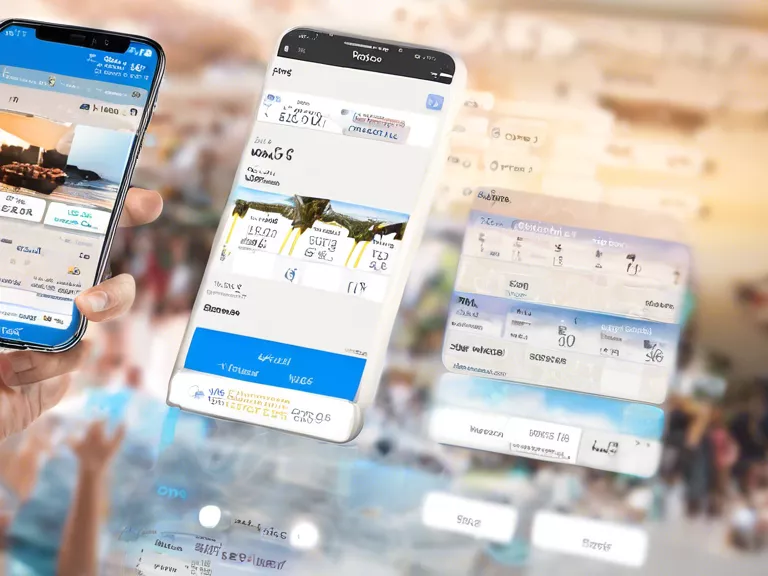
Language learning has long been seen as a tedious and challenging task for many individuals. However, with the advancement of technology, mobile apps are revolutionizing the way we learn new languages. These apps are not only making language learning more accessible but also fun and engaging for users of all ages.
One of the main reasons why mobile apps are making language learning more enjoyable is through gamification. Many language learning apps incorporate game-like elements such as quizzes, challenges, and rewards to motivate users to continue practicing. These features help users stay engaged and excited about learning a new language, as they strive to progress through levels and earn points.
Additionally, mobile apps offer interactive and immersive experiences that traditional language learning methods cannot provide. Users can practice speaking, listening, reading, and writing skills through interactive exercises, conversation simulations, and voice recognition technology. This hands-on approach to learning allows users to apply their language skills in real-life situations, making the learning process more practical and engaging.
Furthermore, mobile apps provide users with the flexibility to learn at their own pace and convenience. Users can easily access language learning materials anytime, anywhere, using their smartphones or tablets. This accessibility allows users to incorporate language learning into their daily routines, whether they are commuting to work, waiting in line, or relaxing at home.
In conclusion, mobile apps are transforming the way we learn languages by making the process more enjoyable and engaging. With gamification, interactive experiences, and convenient access, users can easily immerse themselves in a new language and stay motivated to continue practicing. As technology continues to evolve, language learning apps will only become more sophisticated and effective in helping users achieve their language learning goals.



